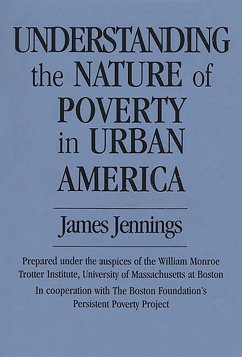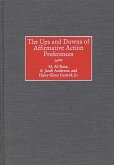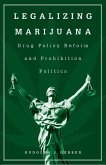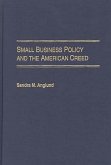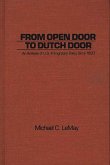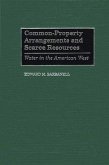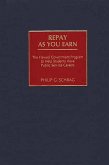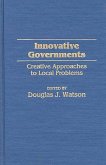This book is designed to help readers navigate through the vast and rapidly growing literature on poverty in urban America. The major themes, topics, debates, and issues are examined through an analysis of eight basic questions about the nature and problem of urban poverty: *What is poverty, and how is it measured? *What kinds of national policies have been utilized to manage poverty? *What are the major characteristics and trends associated with poverty in America, and how are race and ethnicity reflected in these trends? *What are the major explanations for persistent poverty in the United States? *What are the major characteristics and themes reflected in the American welfare system and anti-poverty policies? *How is the underclass defined and explained? *How have the poor utilized political mobilization to fight poverty in the United States? *How does social welfare policy directed at poverty in America compare to social welfare systems in other countries?
After analyzing these issues, Jennings concludes with a brief overview of how public discussions related to poverty in the 1990s are similar to such debates in earlier periods. Essential reading for urban policy makers, social scientists, and students of contemporary American urban concerns.
Hinweis: Dieser Artikel kann nur an eine deutsche Lieferadresse ausgeliefert werden.
After analyzing these issues, Jennings concludes with a brief overview of how public discussions related to poverty in the 1990s are similar to such debates in earlier periods. Essential reading for urban policy makers, social scientists, and students of contemporary American urban concerns.
Hinweis: Dieser Artikel kann nur an eine deutsche Lieferadresse ausgeliefert werden.

